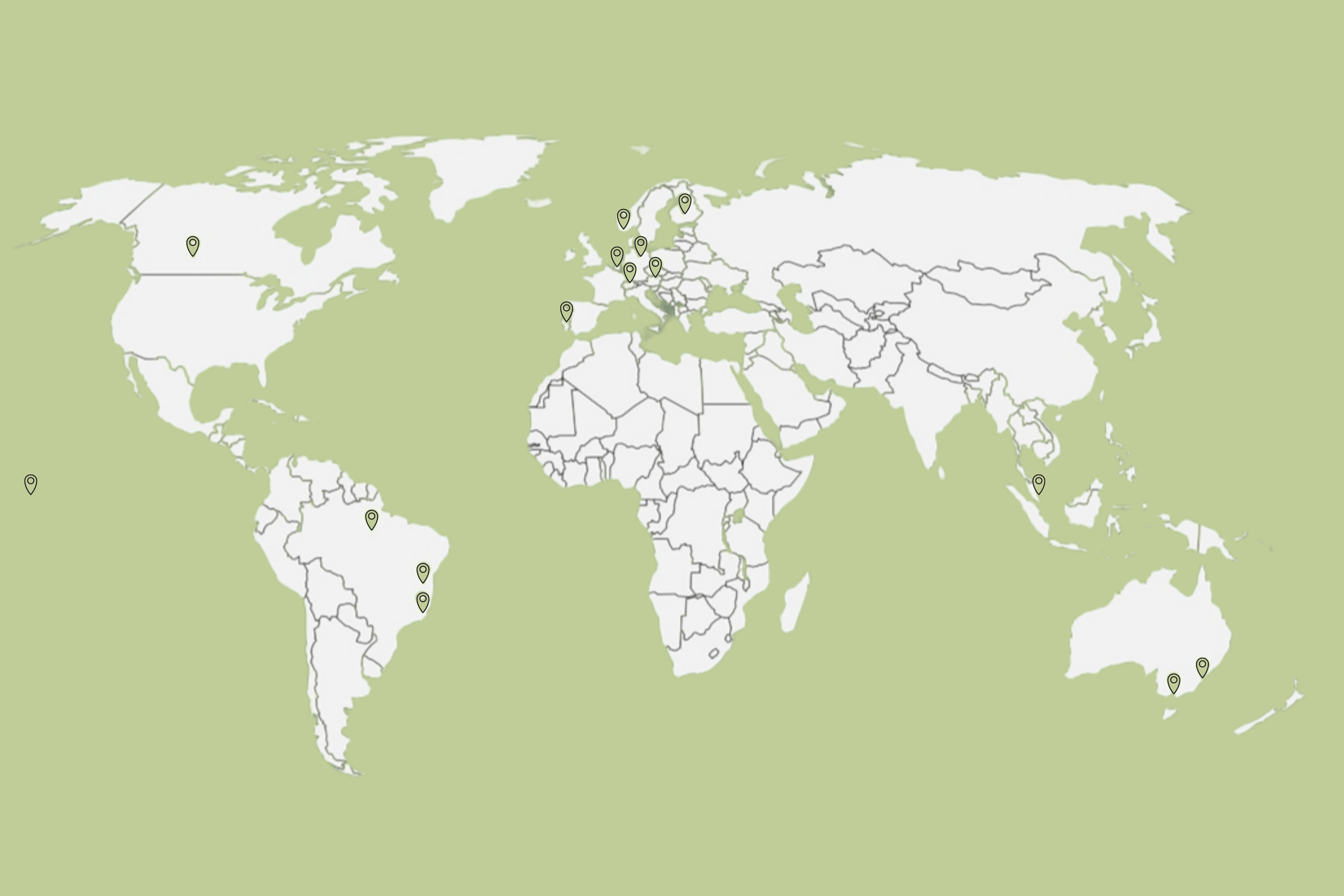In 2021, the KomMa team presented an international Delphi study about potentials and challenges of location-based services at the emma (European Media Management Association) 2021. In the Delphi study, KomMa examined the future of location-based services. The diversity of the panel allowed the researchers to examine interdisciplinary perspectives, discussing the topic with some of the most internationally renowned experts regarding LBS issues – investigating the subject in an unprecedented scale. At emma 2022, the KomMa team is now building upon their previous findings by presenting methodological critiques of the Delphi study. The contribution offered here is meant to critically examine the advantages and disadvantages of the Delphi method. Here is an excerpt from the abstract:
Abstract
The advantages and disadvantages of the Delphi method are widely discussed in social sciences: It enables the mapping of group opinions, ensures that the reputation of the experts is transferred to the study results, and can furthermore be seen as a procedure to curb bias by balancing individual biases of the experts (Steinmüller, 2019, p. 34). The quality of a Delphi study depends on clearly formulated research questions, a heterogeneous sample of competent experts, and a well-designed questionnaire (ibid.), and the most common problem seems to be that too many Delphi studies are based on poor design and an insufficient theoretical basis (Häder & Häder, 1998). The study selected for this contribution of methodological critique was some kind of a culmination of a series of previous research (Rau & Ehlers, 2017; Uphaus et al., 2019; 2021). The interviewers were thus able to draw on a wealth of previously generated knowledge, which runs directly counter to the methodological fundamental critique mentioned above. As an example, the study is here to show how suitable the method could be implemented to foster management decisions in media enterprises. By its wider angle on the market realities of a bottom-up technology, the contribution will show how media management research is able to directly support management’s decisions in the media.
Curious about the results of the KomMa study? Don’t miss the emma conference, June 15-17, 2022.
Literatur
Rau, H., & Ehlers, A. (2017). “Location Based Services” – alles eine Frage der Akzeptanz. In W. Seufert (Hrsg.), Media Economics revisited – (Wie) verändert das Internet die Ökonomie der Medien (S. 257-283). Baden-Baden: Nomos.
Uphaus, P. O., Neuper, O., Beringer, B., Hoffmann, L., Langenmair, S., Ehlers, A., & Rau, H. (2019). Barriers seen by potential local Providers of Applications using Location-Based Services. In G. Gartner & H. Huang (Eds.), Adjunct Proceedings of the 15th International Conference on Location Based Services (LBS 2019) (pp. 251–258). Vienna: Research Group Cartography. https://doi.org/10.34726/LBS2019.36(2019).
Uphaus, P. O., Ehlers, A., Beringer, B., & Rau, H. (2021). Business Model Innovation in Local Journalism – how do Local Media Managers Perceive and Recognise Technical Opportunities? Manuscript Submitted for Publication.
Häder, M., & Häder, S. (1998). Neuere Entwicklungen bei der Delphi-Methode: Literaturbericht II (1998/05). DEU; Mannheim. https://www.ssoar.info/ssoar/handle/document/20051
Steinmüller, K. (2019). Das „klassische“ Delphi: Praktische Herausforderungen aus Sicht der Zukunftsforschung. In M. Niederberger & O. Renn (Eds.), Delphi-Verfahren in den Sozial- und Gesundheitswissenschaften: Konzept (pp. 33–54). VS Verlag für Sozialwissenschaften. https://doi.org/10.1007/978-3-658-21657-3_2






Noch kein Kommentar, Füge deine Stimme unten hinzu!